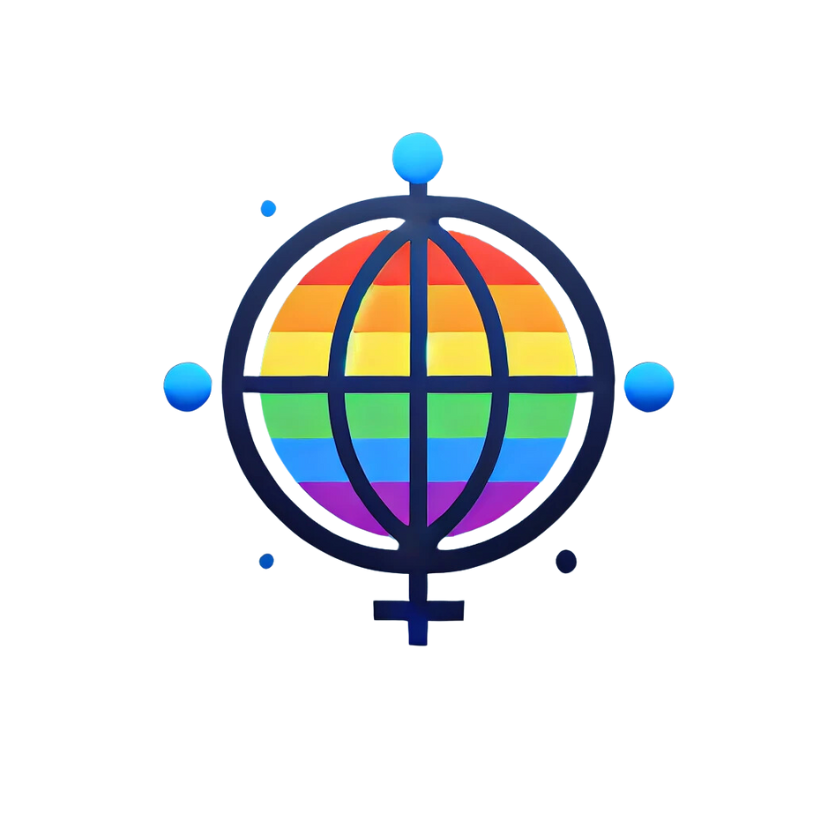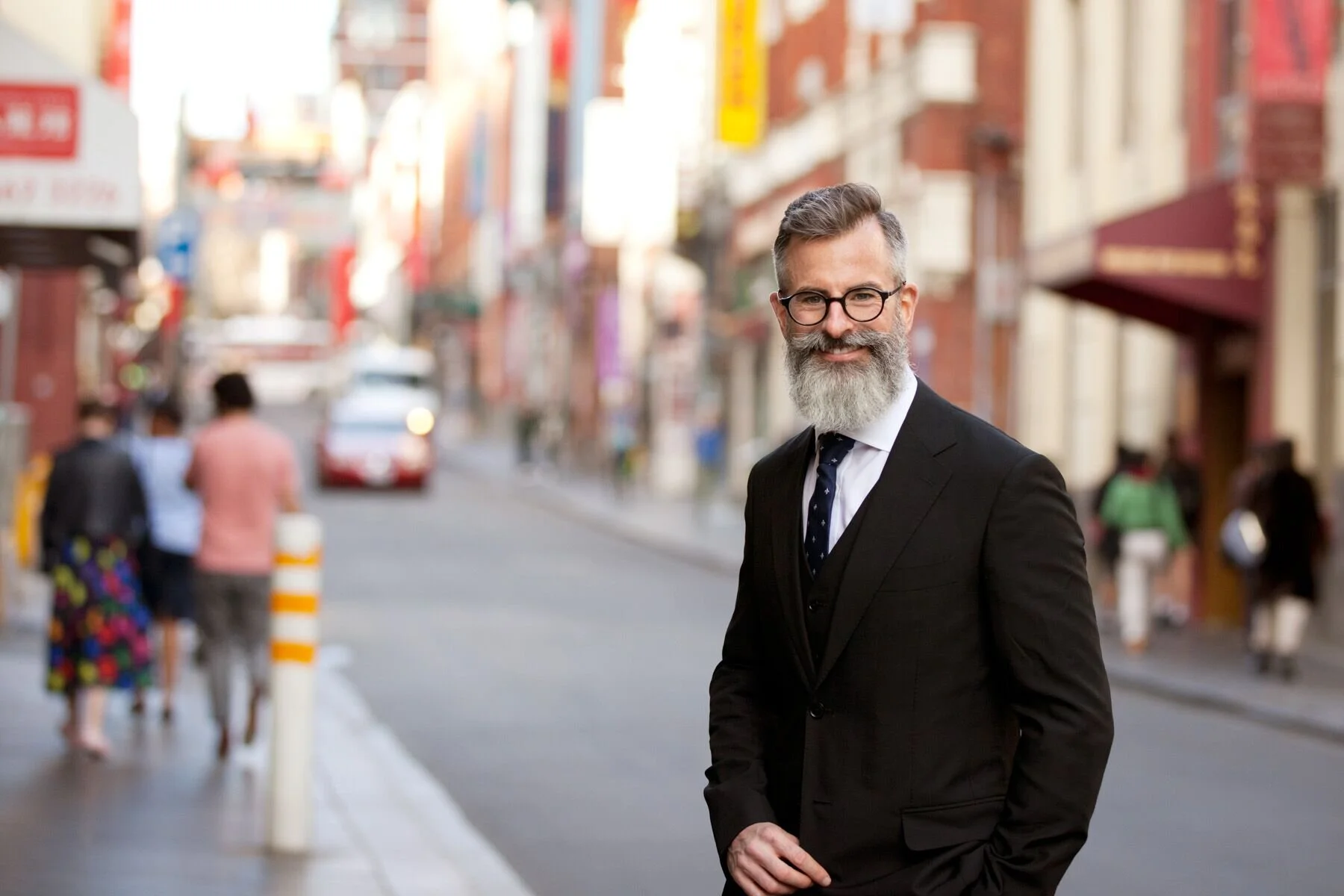Get To Know Phil McAuliffe And The Lonely Diplomat
What has been the most challenging and rewarding part of bringing The Lonely Diplomat to life?
Phil McAuliffe, Founder of The Lonely Diplomat
The most challenging part has been around getting the message to the right people in a way that resonates with them. One of the things that is important is to pitch the work where people are. Time for my audience is very precious. They are conflicted people who have many, many, demands on their time. They don’t have time to sit quietly for long periods of time. They can be physically, mentally and emotionally tapped out. One of the real difficulties is getting people to engage on the main topic of my work, which is loneliness. Loneliness as a social epidemic of the modern world. Loneliness feels like different things to different people, but somewhere, somehow the commonality is an emptiness. What might we be doing to numb our feelings of hollowness? What are we doing with those thoughts and feelings of not being enough, not being something enough, not being smart enough, good enough, not being deserving of what we are doing at work and in life? The challenge is knowing how to cut through in the most effective and efficient way to people who I feel are doing it tough or don’t know that they are doing it tough. Or, we find the concept of loneliness so socially difficult that it’s easier sometimes to continue numbing than to stop and let those thoughts and feelings, which we may have been running from for years, to potentially catch up with us. That prospect is terrifying. The most rewarding part is almost the complete opposite. When I do reach people through social media and to the readers I have in over 190 countries, it is connecting with the individual and individuals who are reaching out, being brave, and stating what I wrote or said on my podcast has really resonated with them that they had to just stop and reflect a moment and then let me know. That type of feedback is LOVELY and makes it so worthwhile. I get to connect with so many different individuals, be that person in Brazil or Bosnia, and we all have commonalities in being diplomats and living this diplomatic life. Reaching people on that one-on-one basis is the BEST. The other rewarding thing are the connections I have made with people like you Kevin. Suddenly, through the glory of social media, I am collaborating with a whole lot of people doing amazing things all over the world in their own unique way. They have identified a problem; they are putting themselves out there and are solving it whether they are expats or an accompanying spouse it is so enriching. I have tapped into this amazing network that truly nourishes me.
What do you view as some of the major hurdles facing individual diplomats and those living the diplomatic life?
Isolation is the major hurdle, both physical, mental and emotional. Without a doubt, the life we diplomats lead is amazing. There are so many positives to being a diplomat and living the diplomatic life. The ability to live in a place for a few years that otherwise you would never go to and actually have the privilege of making it a home. This is amazing and just everything that comes along with that, just the thrill of the whole experience. But, the major hurdle is accepting, acknowledging, and then talking about the flip side of that very shiny coin. And, that flip side, is something that we in diplomacy just don’t talk about well. If we do talk about it, we can feel guilty within ourselves, also we can feel shame within ourselves, perhaps, even worse, we can be made to feel shame by other people who say “You just don’t know how good you’ve got it. You live high on the hog, off the public purse, and you have the audacity to complain about how your life is imperfect. Well, boo, bloody hoo! Tell your story walking, I don’t bloody care.” And, so we don’t say anything. What we do see is on our individual Instagram accounts, Facebook and social media are the lovely holidays, the temples, the palaces in these amazing exotic places. What you don’t see is the sadness of not having people routinely in your life with whom you can be yourself. You can reach out to colleagues and friends, but the competitive nature of the work means that you aren’t quite sure of what happens next when we say that something is not right. Do we get promoted? Do we get posted again? Are we forced to end the posting and to move home? So, we take on all these really heavy responsibilities of life and have this veneer, this facade, this mask that everything is perfect. That is the biggest hurdle is saying to people, “It’s okay”. Indeed, we must take off our mask and safely acknowledge both the good and the bad. And, when we inevitably experience the bad, when things can happen, we are definitely not alone. It’s destigmatizing all aspects of this diplomatic life. That is the major hurdle.
What is your vision for the project over the next year or 2 years? What impact do you want it to have?
The vision for this project over the next year, and well into the future, is continuing to create that space for diplomats and those living the diplomatic life globally to engage in productive, constructive conversations about all aspects of this diplomatic life. I have a very clear vision reconnecting diplomats and those living the diplomatic life to themselves and to the world around them. This is really deliberate, because great things can happen when we acknowledge who we are as individuals and, frankly, are unashamedly ourselves. There are very few diplomats that I know who aren’t amazing people, who just inspire me by the act of them being them. And, I know that many of them are like me and are fantastic at wearing masks. We can be terrified to take those masks off. Because when we do show up authentically as ourselves, any criticisms, any judgement, any failure is on us as opposed to directed at the mask. My vision is to imagine a world where the diplomats present as themselves, representing their respective countries and advancing their country’s interest, but being more authentically themselves. Because it’s not one or the other. It can’t be binary. It can’t only be ‘I am a diplomat therefore I must be a diplomat all the time’, which we must. We are always representing our country even when we are not in the office. That isn’t a way to live a life, no matter how great the job is. It’s a sure way of being disconnected with yourself. The other part of the vision statements is “and the world around you.” This is really important. We diplomats live in some amazing places, and for every person who lives in London, New York, and Paris there is someone who is doing the hard yards in Kabul and other very challenging places. We diplomats have amazing skills. Can you imagine what happens if we connect with the community, authentically, where we are? For example, helping underprivileged kids learn English, raising money for local charities, this connects us to where we are in a real way. It gets us out of that expat bubble, linguistic bubble, a cultural bubble, and actually really being in our local communities. I think great things can come from that.
“ Leading an authentic life requires courage, requires curiosity, requires getting off your ass, and actually doing hard work within yourself. It is not being comfortable, but deliberately being uncomfortable and getting intensely curious about yourself and how you are why you are. ”
Phil just posing for the camera!
Any parting thoughts on leading a more authentic life?
Authenticity is everywhere at the moment (it’s in fashion) and everyone loves those inspiring stories of someone who has finally accepted who they are. But we end up seeing the finished product. It’s like a watching a TedTalk and relating to someone, and saying “Wow, they have their shit together.” What we don’t tend to see is the work within ourselves that this requires. We kind of want to jump over the work that gets us to living that authentic life. We want the shortcut, we want to read the book that makes us go ‘Ah, I get it now! Now I know the secret to living an authentic life!’ Or, listen to a podcast or watch a YouTube video, and then declare ‘Now I’m authentic’. It doesn’t work that way. Leading an authentic life requires courage, requires curiosity, requires getting off your ass, and actually doing hard work within yourself. It is not being comfortable, but deliberately being uncomfortable and getting intensely curious about yourself and how you are why you are. This is the only way that we can connect with who we are. Then there is a whole other courageous, brave, challenging process where we apply what we’ve learned about ourselves into the world. You never actually stop the process of being authentic and discovering your authentic self. In the process of being authentic and curious, and courageous, and wanting that challenge begets more curiosity. You start the cycle again and keep leveling up. If your readers are listening to podcasts, and reading books, watching YouTube videos of people promising that if they do these 3 things they can lead an authentic life, they need to delete it and move on because it’s much more involving than this. It is bloody hard work, but surrounding ourselves with the right people, being kind and honest with ourselves is so important. And, know that the hard work is at once scary, but also really important, because we get ourselves back.
Want to Live More Authentically?
Interested in learning more about Phil and how you can live a more authentic life? Visit his website The Lonely Diplomat or reach out to him directly at admin@thelonelydiplomat.com
The Proud Diplomat and The Lonely Diplomat have collaborated to create a series of videos where we share our thoughts on themes affecting accompanying spouses like loneliness, tips for managing moves to new posts, major challenges of being an accompanying spouse and more. Click below to watch the series!


